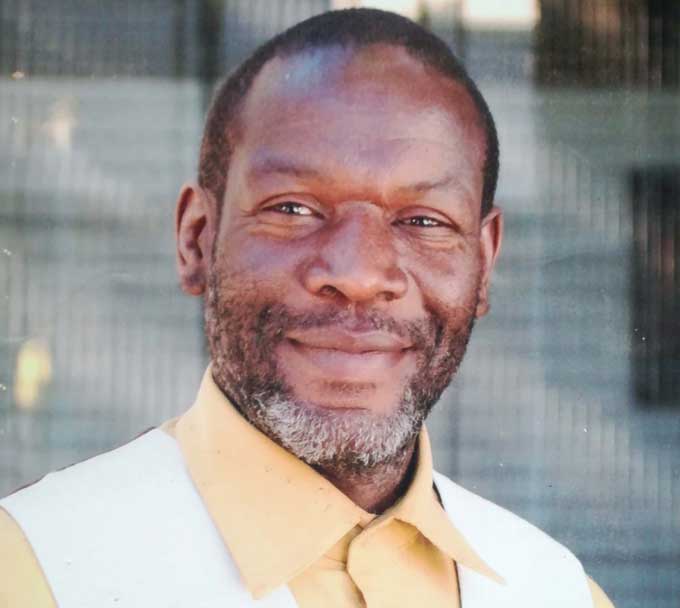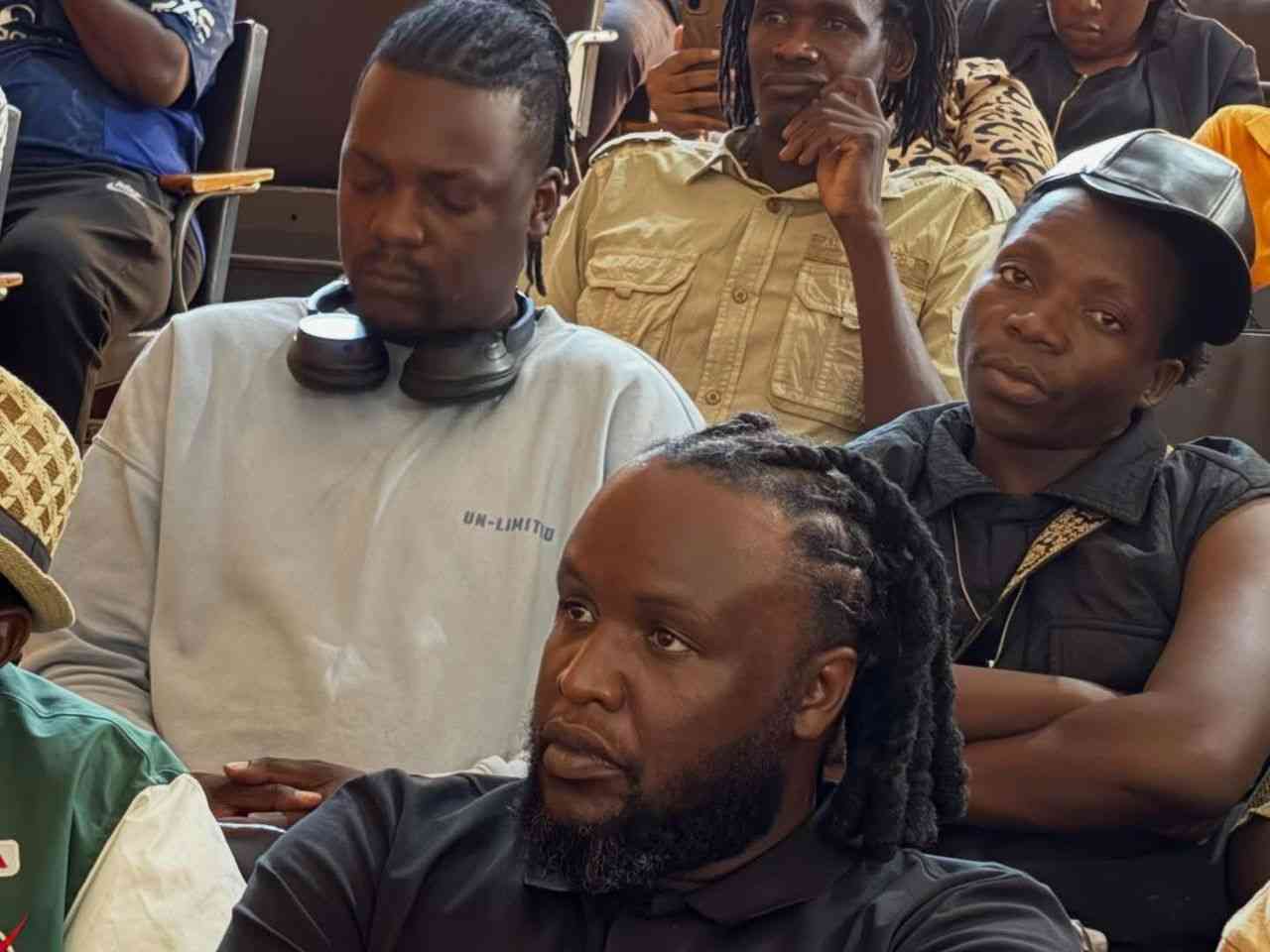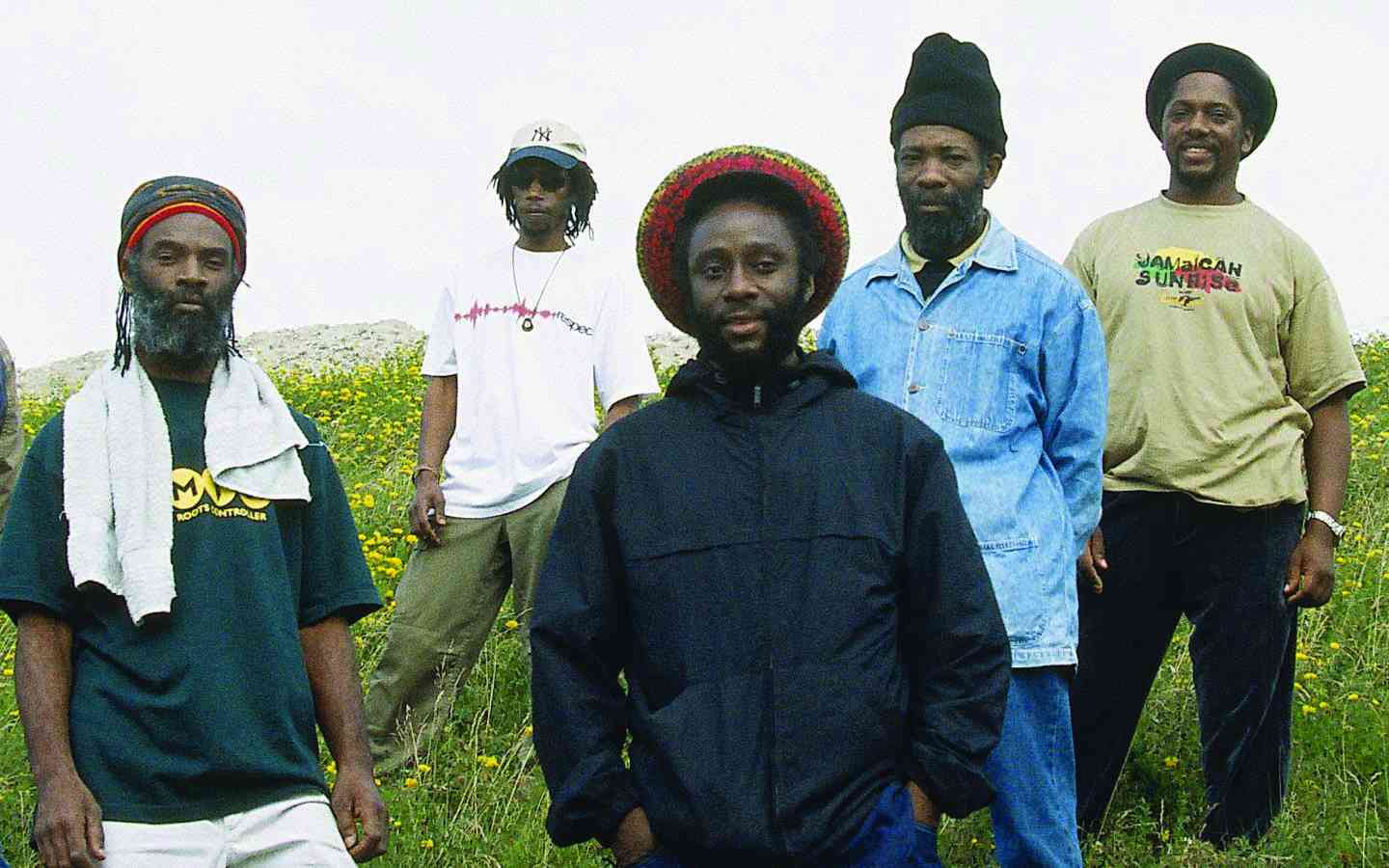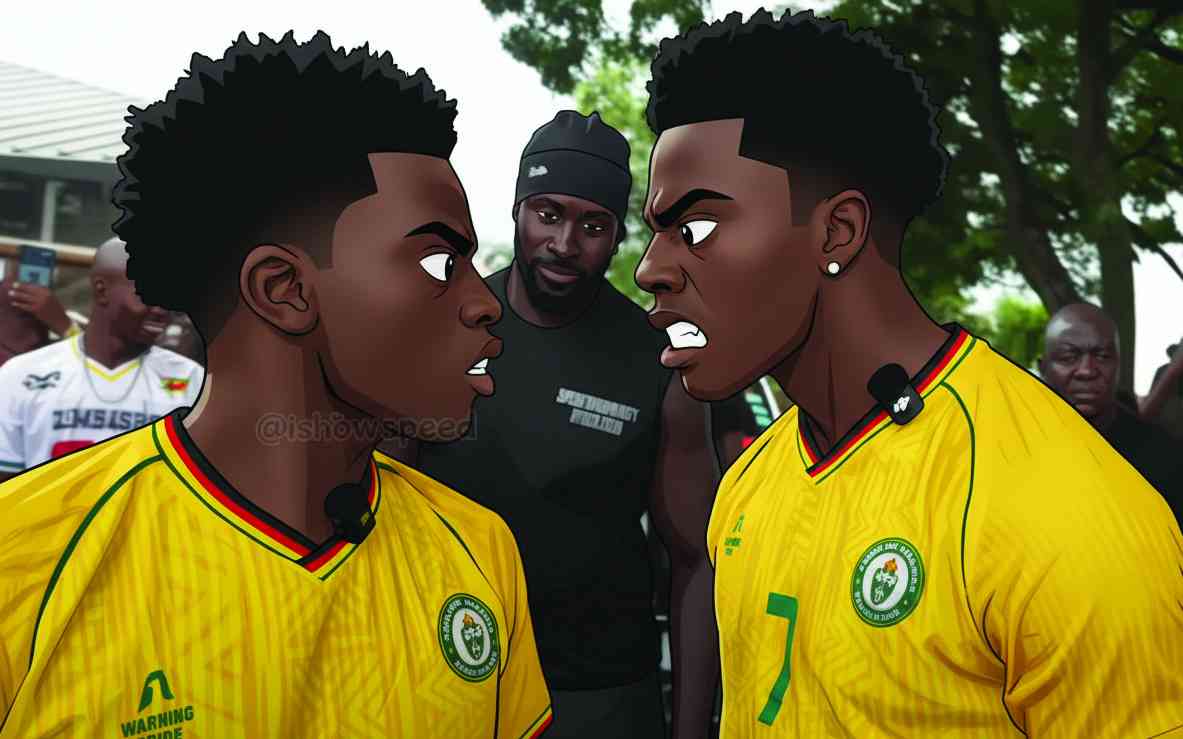
By Alfred Tembo
Gweru International Book Fair (GIBF) has announced its return after four years of interruption due to Covid 19.
The annual 3rd edition of the event which was first launched in 2016, will this year be held from September 15 to 17, under the theme, “Building local brands with global relevance.”
“Well this is my way of saying thank you to the people of Gweru and to Zimbabwe for their support. I also want to use this platform to forge arts, business and education together.
“As Gweru, we have the capacity, unfortunately, we lack the will and inspiration to push such important events to international standards,” said GIBF founder and chairperson, Ignatius Chamunorwa Musonza.
He said the event would help put the province on the tourism map, and boost opportunities to create both temporary and permanent jobs for the community.
Musonza said, “We are open to various partners from different sectors of the economy, such as private business, public and creative sector as well as non-governmental organisation, among others. All this is in the wake of bringing various sectors focus on arts”
The internationally acclaimed children’s literature writers said he looks forward to do a lot for the province such as mentoring others into professionals.
- Chamisa under fire over US$120K donation
- Mavhunga puts DeMbare into Chibuku quarterfinals
- Pension funds bet on Cabora Bassa oilfields
- Councils defy govt fire tender directive
Keep Reading
“Gweru need more programmes to help professionalise the arts sector and improve individual abilities
“There is value and importance in working together like in other markets such as Harare where artists from different disciplines collaborate and work together.
“Our young people need a serious mentorship so that we help them learn to seperate survival and professional work,” said Musonza who believes that the shrinking of media market from demise of Parade, Prize, Mahogany magazines to scraping of prestigious Cover to Cover creative writing competition is a loss which left many writers without markets.
Musonza entered into the arts space sometime in 1979 after forays into pencil drawing, sculpture and music which saw him join groups like Muddy Face at that time playing cover songs like Please don’t go and later tried his hand at sculture under the mentorship of his late brother-in-law Maxwell Gochera.
Gochera was a multiple award winning mixed media sculpture who passed away in 2021.
“I tried my hand at several things and later settled for writing for l felt that was where my calling was,” said Musonza.
“I was born into writing. As a child I remember, I used to imitate what l used to see on television by drawing it in the sand.
“With time I published in Parade magazine and later Masvingo Provincial Star and Masvingo Bulletin. I was mentored by Steve Mpofu during his time when he was editor Herald. He introduces me to people like poet Kristine Rungano, then a young girl. And this was during the late 80s” narrates Musonza.
In 2000 he published his first book opening the door to more works. Suprisingly, after publishing at least 14 books, Musonza describes writing journey as lonely and tough without local support structures.
His rich catalogues comprises of books that includes, Beggars (2005), Longman Zimbabwe now Pearson Education Publishers, Tamari of Tamarinda (2005) Edition Bakame, Hidden Spring (2005) Macmillan Education (UK), Tonde (2005) Macmillan Education (UK), Takataka Father (2004) Macmillan Education (UK), Stories from East and West (2004) co-published with Stephen Alumenda and Adwoa Badoe (Macmillan Education (UK), The Great Writer (2003) Macmillan Education (UK), Wall of Water (2003) Macmillan Education (UK), Ike’s Plant (2003) Macmillan Education (UK), Do Not Play in the Road (2000) published in 2000 by Macmillan Education (UK), Tariro Abiwa (2019), and Chapwati (2023).
After all these achievements Musonza, now lives a reclusive life after the demise of his prolific writer friend Stephen Alumenda 2004.
“His death deprived me of a writing partner to exchange and, reread or edit works with and it makes my work difficult because l do not have a close friend who can openly critise my work without fear,” said Musonza.
Born in 1963, in Mbare (Harare) the former Harare Secondary now Harare High school, settled in Gweru in 1988, soon after marrying the love of his life Hildah at 21.
Musonza is one of Zimbabwe’s lesser known Children’s books writer who is celebrate in UK and other countries outside Zimbabwe for his literary achivement that made impact on the two continents.










